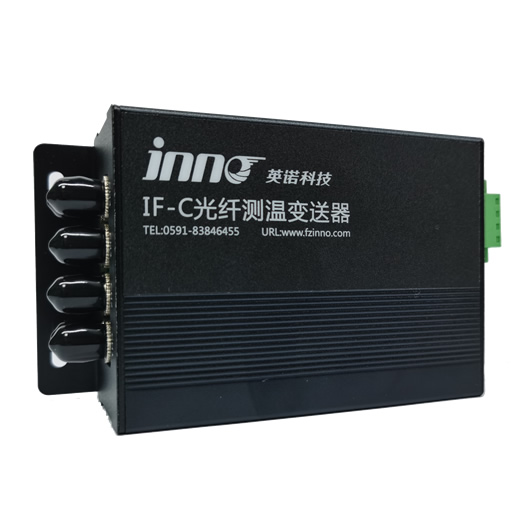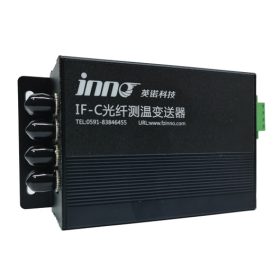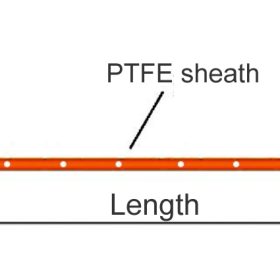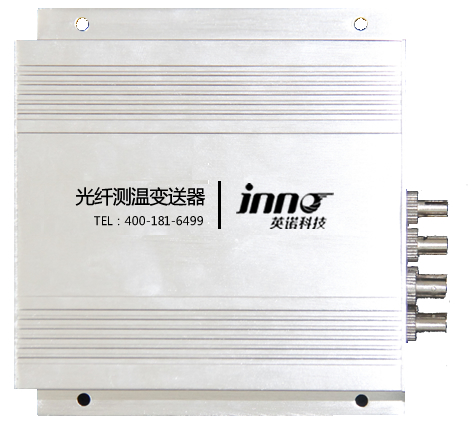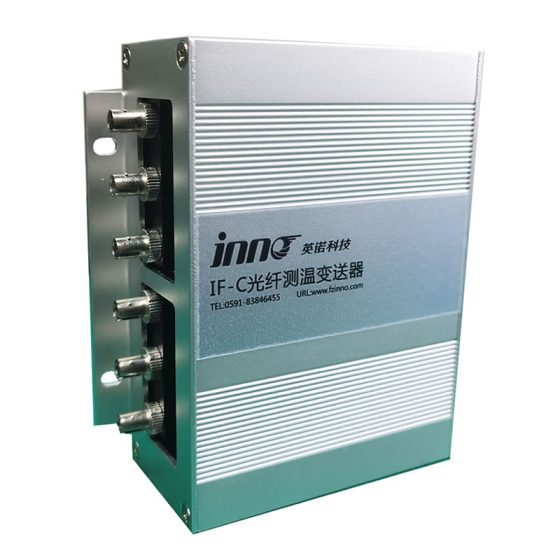Characteristics of Medical Fiber Optic Temperature Measurement System
Ihe mgbochi electromagnetic, high temperature resistance, iguzogide corrosion;
Simultaneously measuring the temperature of multiple “hot spots” in the human body;
Provide real-time, safe, and reliable temperature information with high accuracy and small errors;
Real time uninterrupted online monitoring of human body temperature changes, the system can work in automatic temperature control mode;
Immune to electromagnetic interference, timely monitoring of alarm information, able to operate at high temperature in high magnetic field environments, with accurate detection and stable data transmission completely unaffected.
Nke fiber optic temperature sensor adopts a temperature sensing material made of rare earth material, which is stable for a long time. The outer layer of the sensor is equipped with a special sheath, which is explosion-proof and flame proof to ensure the safety and reliability of the system. It is small in size, lightweight, and non-toxic;
The fiber optic temperature measurement system has a temperature measurement cycle of less than 1 second, which can fully ensure the timeliness of alarms; The fiber optic temperature transmitter has a small volume and is easy to install.
The principle of the specialized fluorescent fiber temperature sensor used in medical fiber optic temperature measurement devices is based on fluorescence afterglow temperature measurement technology, internationally advanced optical temperature measurement, and stable performance; All optical signal temperature measurement, non-conductive structure, completely immune to electromagnetic interference; The sheath is soft and wear-resistant, convenient to use, and suitable for medical scenarios; The probe and optical interface form are specified.
| In the medical field, many diagnostic or therapeutic techniques may cause an increase in the temperature of a patient’s body parts. For safety and treatment optimization purposes, it is necessary to be able to accurately monitor the temperature of tissues in contact with these technologies, as well as the temperature of materials that may come into contact with patients. Fluorescent fiber optic temperature probes are non-conductive and fully suitable for applications with strong magnetic fields, microwave (MW), and radio frequency (RF) currents. The installation of fluorescence fiber temperature measurement and temperature measurement integrated device in microwave hyperthermia equipment solves the problem of real-time temperature monitoring that cannot be achieved synchronously in the existing microwave hyperthermia process, which is conducive to improving the effectiveness of hyperthermia and improving the safety and reliability of microwave hyperthermia.
In the medical industry, fiber optic temperature measurement is applied in areas such as microwave therapy and hyperthermia, radio frequency and magnetic resonance imaging. Many projects involve treatment methods that require precise temperature monitoring. Agbanyeghị, in microwave hyperthermia, the interference of microwave or radio frequency can easily affect the accuracy of temperature measurement results. The reason why temperature measurement accuracy is affected is that if the temperature sensor probe is made of metal materials, it is easy to generate induced current in the microwave field, and the temperature measurement results will be interfered with. The true temperature of tumor tissue cannot be accurately measured, which affects the treatment results. Another thing is thermal therapy in medical treatment, which mainly measures the temperature to heat the tumor to an effective therapeutic temperature. If the temperature of the tumor is below the treatment temperature, it may promote the spread of tumor tissue. If the temperature of the tumor is too high, it may also damage normal human tissue. Ya mere, accurate fiber optic temperature measurement is an important means in microwave hyperthermia. Electromagnetic/radio frequency immunity, iguzogide corrosion, high precision and reliability are the choices for measuring temperature in the medical field. |
Practical application cases of medical fluorescent fiber optic temperature sensors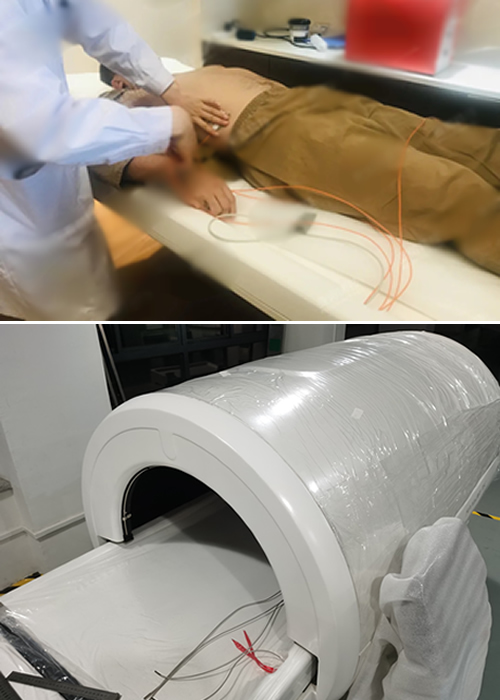 |
The fluorescence lifetime fiber optic temperature sensing probe of fluorescence lifetime fiber optic temperature sensing technology is based on the material properties of rare earth fluorescent substances. When certain rare earth fluorescent substances are irradiated and excited by ultraviolet light, they emit a linear spectrum in the visible spectrum, namely fluorescence and its afterglow (afterglow is the luminescence after excitation stops). The decay time constant of fluorescence afterglow is a single valued function of temperature, and usually the higher the temperature, the smaller the time constant. As long as the value of the time constant is measured, the temperature can be calculated. The biggest advantage of using this method for temperature measurement is that the measured target temperature only depends on the time constant of the fluorescent material, and is independent of other variables in the system, such as changes in light source intensity, transmission efficiency, coupling degree, wdg., which do not affect the measurement results. It has obvious advantages in principle compared to other temperature measurement methods.
 INNO fiber optic okpomọkụ sensọ ,usoro nlekota okpomọkụ.
INNO fiber optic okpomọkụ sensọ ,usoro nlekota okpomọkụ.
